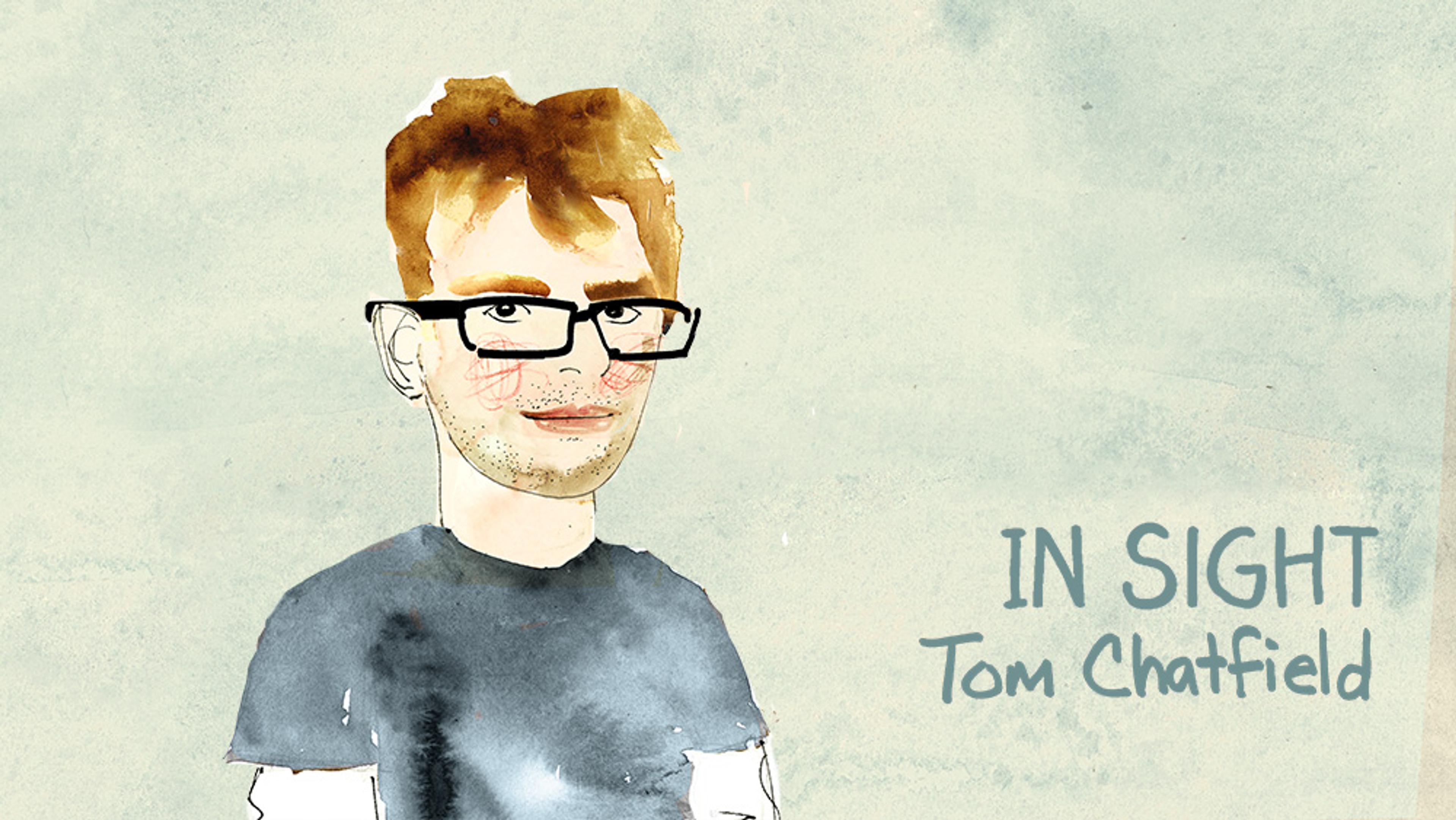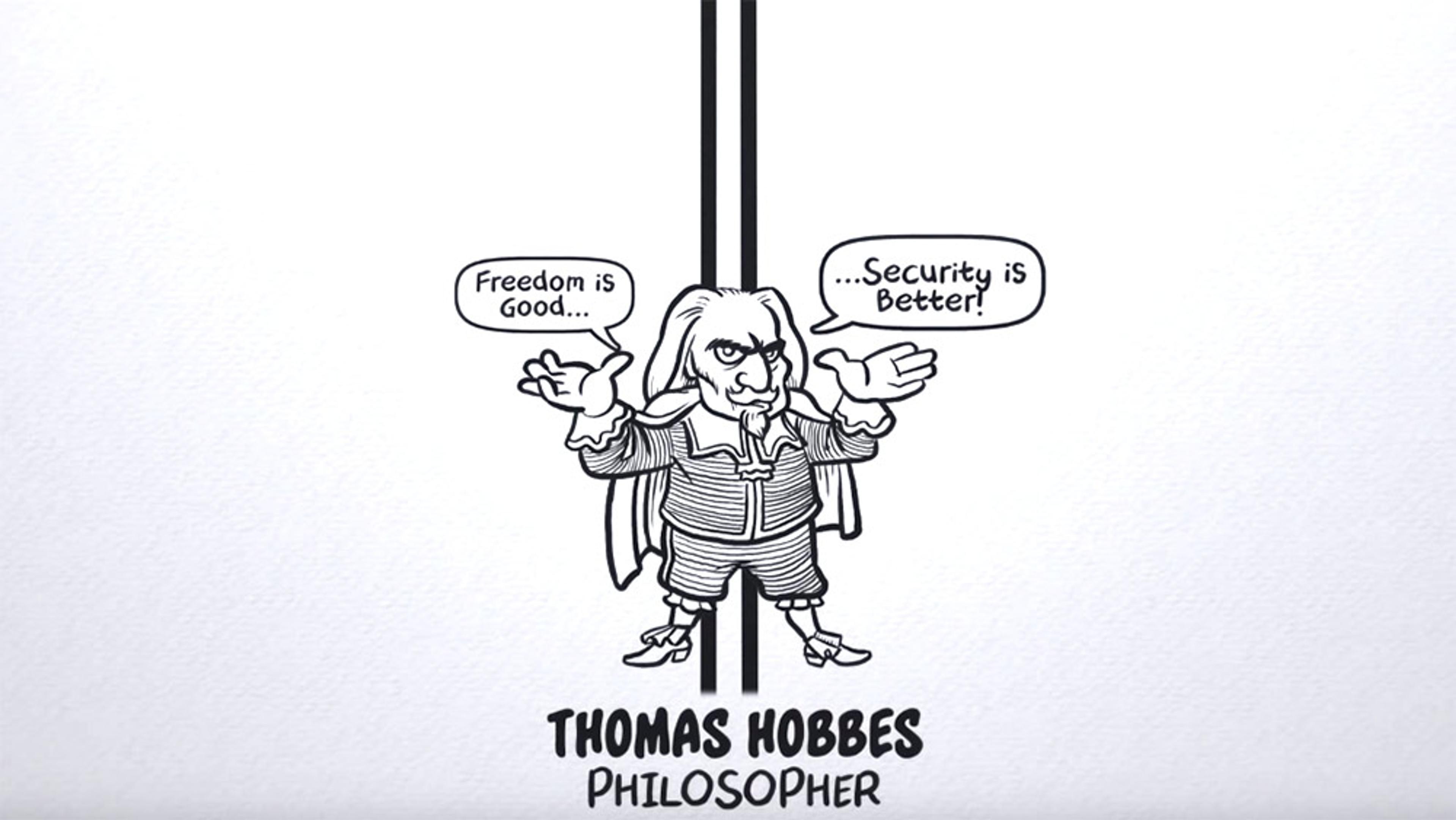Wrenching us out of the ‘age of anonymity’ brought about by urbanisation and industrialisation, the information age has profoundly diminished privacy as we increasingly share our personal data in exchange for a vast array of services. With the loss of privacy has come a new kind of power broker: tech leaders who control the flow of information and, increasingly, influence world leaders. In this Aeon interview, the UK-based Italian philosopher Luciano Floridi examines how the power paradigm is shifting in the 21st century, and suggests that rushing to answer questions about privacy and policymaking is exactly the wrong way for society to best adapt to the precipitous change of the times.
The information age traffics in speed. To adapt to it wisely, we must slow down
21 March 2016

videoEthics
Plato saw little value in privacy. How do his ideas hold up in the information age?
5 minutes

videoHuman rights and justice
Free speech is vital to human flourishing, but it’s in a decade-long slump
5 minutes

videoHuman rights and justice
How we confuse the ‘intended uses of technology with the actual uses’
11 minutes

videoAutomation and robotics
If we are what we do, how can we stay human in an era of automation?
7 minutes

videoPolitics and government
Aldous Huxley on the dangers of being ‘caught by surprise by our own advancing technology’
6 minutes

videoTechnology and the self
A handful of executives control the ‘attention economy’. Time for attentive resistance
4 minutes


